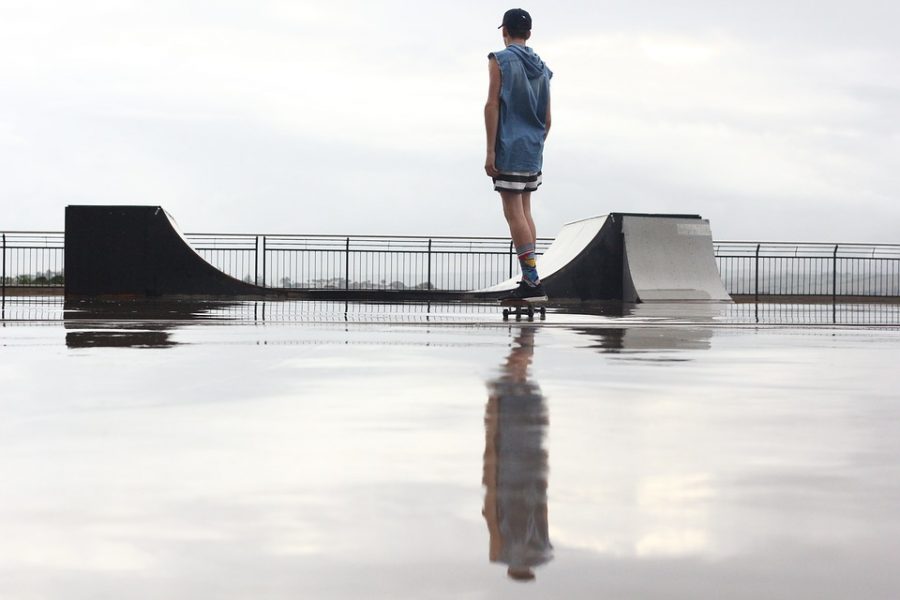In late 2016, skateboarding was added a permanent fixture to the Summer Olympic Games. While many might think that the skateboarding community would gladly embrace the recognition of their sport, in reality, this development has been met with great resistance from the skateboarding community. Skateboarding magazine Thrasher, widely recognized as representing the voice of the skateboarding community, published a satirical article entitled “Go For The Gold” that addresses the outcry. The article essentially points out that no one associated with the Olympics ever consulted with leadership in the skateboarding community about their inclusion in the Olympics, and had they done so, they would have recognized that skateboarding is a bad fit for the Olympic Games.
The reasons for dissent are myriad, so dissecting the problem of including skateboarding in the Olympics is one of almost futile difficulty. What it essentially boils down to, however, is this: skateboarding culture does not fit with Olympic culture.
In some ways, culture and sport are bonded together, and to take one away changes the meaning of another. Skateboarding culture changes as trends in fashion, media, and the spirit of competition evolve. Most importantly, however, is that it has always been a culture created by the people who participate in it. Skateboarding has served skaters, time and time again, with the ability to learn, grow, and better themselves through an activity that is uniquely personal and which always belongs to them. It’s true that the nature of individualized activity will always be different from a team event, (golfers, for instance, can only rely on themselves to accomplish their goals), so skateboarding isn’t unique in that regard. But skateboarding typically has no rules. When there are rules, they are defined by the skaters themselves, and goals are set by each individual skater.
While competition in skateboarding exists, the difference between something like the Tampa Pro competition and an Olympic level competition is simply the people running it. There is little doubt that the Olympics will use their five-billion-dollar budget to build top of the line facilities that attempt to facilitate the sport in a pure form. But the overwhelming sentiment in the skateboarding community is that this is still a company trying to make money and take power away from the competitors.
The final problem of adding skateboarding to the Olympics comes from the issue of representation. The people who are competing in the Olympics will likely not represent skateboarding as a whole because it is highly likely that many skaters will refuse to participate. Those who do choose to compete likely won’t be the skaters that embody the multifaceted skateboarding culture as it currently exists. For purists like myself, therein lies the problem: our sport is likely to be taken from us and changed in ways that do not fit with what skateboarding has come to mean to us.
The Olympics is a multinational event. While globalization in skateboarding is an important and a flourishing aspect, the team aspect of skateboarding has been brought about by companies (another grassroots movement that transcends big business and the other aspects of capitalism). Skateboarding was formed in America, and thus the draw for skateboarders to the United States still persists today. Will an immigrant from another country who has learned to skateboard in the United States and is a member of a U.S. based team compete against the U.S. in skateboarding?



